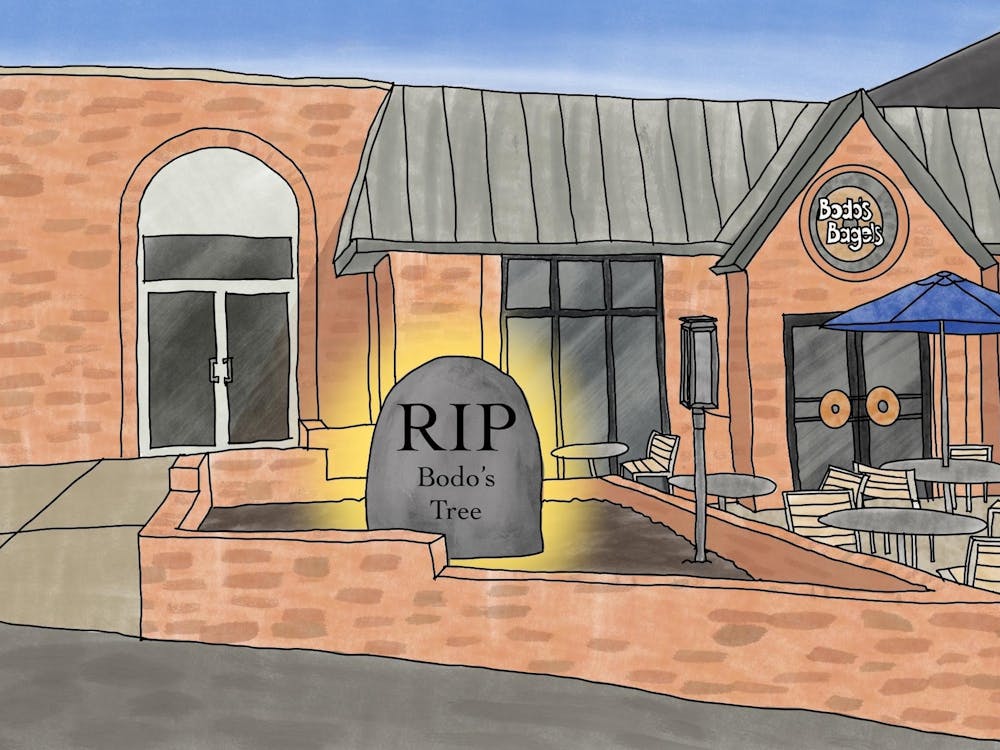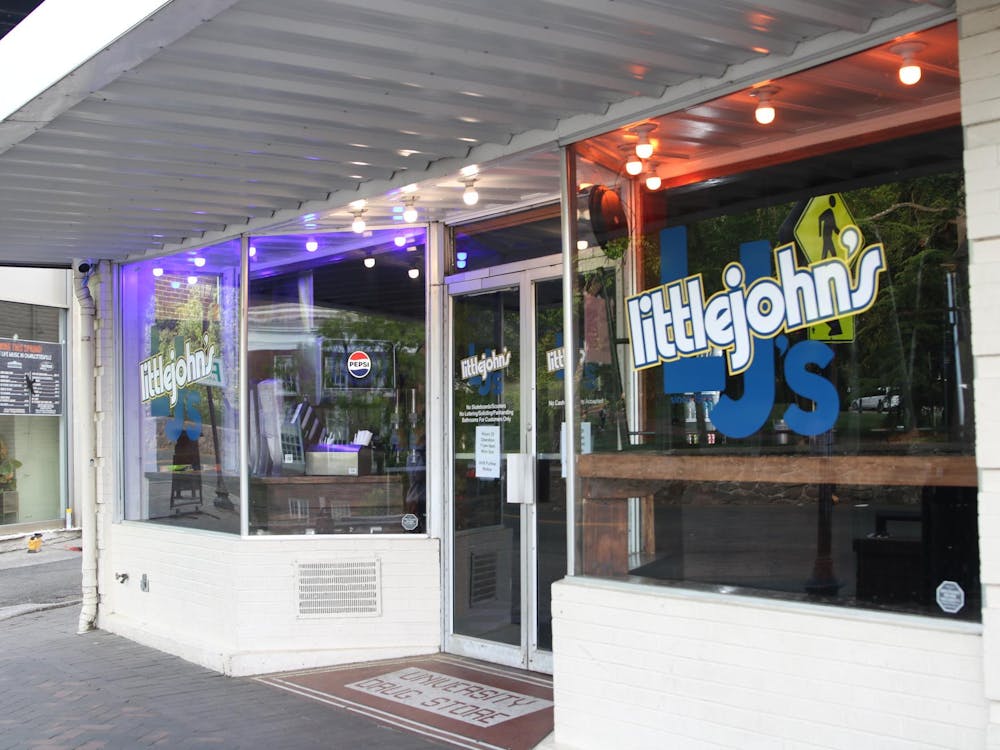Let’s face the music, kids: I am extremely popular.
Now I don’t want it to sound braggy when I say every waking moment of my life is brimming with beautiful, interesting people who are endlessly fascinated by me. I don’t want you to think it untoward that I don’t hide the fact I’m pretty much universally loved by everyone I encounter. Nor do I want to be thought a boor simply because I boast the biggest group of admirers since Helen of Troy. Don’t think I’m being vain. If anything, my honesty is just another one of my charms.
As the illustrious Maya Angelou writes in her famous poem: “Drew Kiser is one of the most popular people in the world. So don’t be mean to him. Because he’s, like, super well-liked. And he has a ton of friends.”
Thank you, Maya. Of all many my friends, you are definitely one of the more famous ones.
One of the reasons I’m so popular is because I’m smart and pretty. I am so smart and pretty, in fact, that President Obama, I’m told, tried to slide in my DMs. He couldn’t, though, since I don’t follow him on Twitter. Gotta keep that ratio up!
I first became aware of the fact that I was both smart as well as pretty when I was six years old and Sacagawea herself rose out of her grave to tell me I would grow up to be hot at brainy in equal measure. My family was scared of her ghost but that’s only because they weren’t fluent in Shoshoni, unlike me. “Fluent in Shoshoni at six?” you may ask. Hey, I told you I’m just as smart as I am pretty!
But maybe the biggest reason I’m so popular (if I had to pick just one!) is that I’m super, incredibly nice. Now, you may have the impression that all popular people are nasty. That’s what they tell you in “Mean Girls” and every John Green novel. But if we all took a moment to reflect on this trope, I think it will become quite obvious that the real world behaves quite differently.
While there is definitely something to be said for the popular appeal of people who project their personalities with aggression, and there is certainly a number of people who are so strong or so rich they feel entitled to popularity, it is my experience that most popular people aren’t bullies at all. As someone who is incredibly popular as well as incredibly nice, I can readily attest to this fact.
You see, Machiavelli got it wrong. People are motivated by hope much more than by fear. People will continue to do things that make them feel good, whether that’s doing well on tests, or giving back to the community, or hanging out with me as much as my busy calendar will allow. People like to feel good, and they will seek out those very people who make them feel the best. Hence why popular people get popular. Hence why I stand before you today, with more friend requests on Facebook than I could accept in a lifetime, and a mouth so chapped from smooching cute boys that I can barely talk most days.
But the fact that the trope of the mean popular person still exists really boggles the mind now, doesn’t it? Why don’t we question the idea that popular people (like me) are popular for a good reason? The answer should become clear once you hold up all these movies and books and TV shows side by side and notice what they all have in common: they were all written by pathetic, ugly nerds with something to prove. No shade on Tina Fey, but she really does go out of her way to paint her time here at U.Va. as four years of dealing with privileged rich white people so vapid they don’t see her worth. But if you talk to the very same people she caricatures in her stories, you will find that they go out of their way to make people feel good, or at least aren’t actively mean. At the end of the day, one may wonder whether the image of popular people written by nerd has more to do with the nerd’s insecurity than the actual actions of the popular class.
In truth, nerds are often not very nice people themselves. I have spent some time among them and can confirm that they are just as mean to “bullies” as the bullies are mean to them. In cultural media, nerds take it upon themselves to hash out the mistreatment that they faced at the hands of the popular kids, ignoring their own cruelties to fellow nerds and popular kids alike. Have you ever tried to question something a nerd has said? Have you ever tried to criticize something problematic that a nerd enjoys? Have you ever read the diary of someone whose entire identity depends on their status as a victim? If you have, you would know some people are unpopular for a reason — and that, no matter how many movies they make in which the “nerds” finally get their “revenge” on the cruel popular kids, at the end of the day the most important predictor of popularity is and always will be kindness.
So keep this in mind the next time you assume that your most beloved classmates had to do something nasty to get where they are. Keep this in mind the next time you try to put someone down because you think it will make you popular. If you keep this in mind in all your daily interactions, then maybe — just maybe — you will become just as popular as me.
Drew Kiser is a Humor writer.






